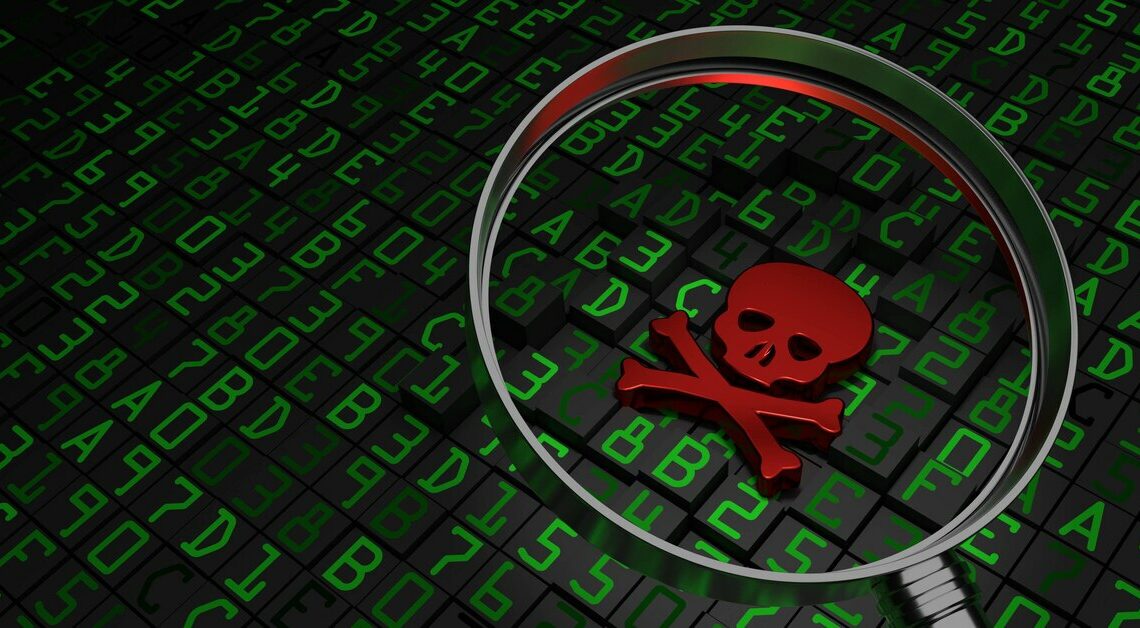
If you receive the message “Your system is infected with () viruses” in your browser, you should close the window immediately and not download any files.
“Your system is infected with () viruses” – this is what you can do
Seeing the message “Your system is infected with () viruses” on your screen can be very disturbing.
- In many cases, however, this is not an actual threat, but a misleading warningwhich is intended to unsettle you and entice you to take action.
- These messages often come from dubious websites or fraudulent pop-ups and are designed to trick you into downloading unwanted software or disclosing sensitive information.
- Do not download any programsoffered to you by this alert. These programs could contain malware or spyware that could actually infect your system.
- In the best case, you will simply be tricked into installing adware. Sometimes dubious virus scanners are recommended that first find a very large number of viruses and then refer you to the paid full version to remove the viruses. In the worst case, the virus warning can actually get the viruses onto your computer.
Your system is infected with viruses: How to get rid of them
Although the “Your system is infected with viruses” messages are always just dubious advertisements or scams, it does not mean that your system is free of viruses. So a thorough check can't hurt.
- To do this, simply use the anti-virus program that is already installed. Free software is completely sufficient for this. The free programs from Avast, AVG and Avira are well-known and popular. You can find the best security suites for Windows in our virus scanner test.
- However, no software is able to detect all possible malware. Installing a second anti-virus program is not a good idea either, as the programs can interfere with each other. So it's better to download an additional virus scanner such as Malwarebytes Anti-Malware or Dr. Web CureIt. Both programs are free.
Preventive measures to avoid viruses
To be on the safe side, it is always better to minimize the risk of a virus before it becomes a problem. By taking a few simple steps, you can protect your system from potential threats.
- Regular updates: Make sure your operating system and all installed programs are updated regularly. Security vulnerabilities in outdated software are a common point of attack for malware.
- Using a reliable antivirus program: Get a quality antivirus program and always keep it up to date. Many antivirus programs also offer real-time protection that detects potential threats before they can do any damage.
- Be careful with downloads and email attachments: Only download software from official or trusted sources and do not open email attachments from unknown senders. Even seemingly legitimate emails can contain malware, so be careful.
- Using an ad blocker: An ad blocker can prevent malicious pop-ups and fraudulent ads from appearing on your screen. These tools are especially useful for avoiding accidental clicks on malicious links.
- Raise safety awareness: Educate yourself and other users of your system about common cybercriminal tactics. Knowledge is the best protection against falling victim to phishing attempts or fake security alerts.
